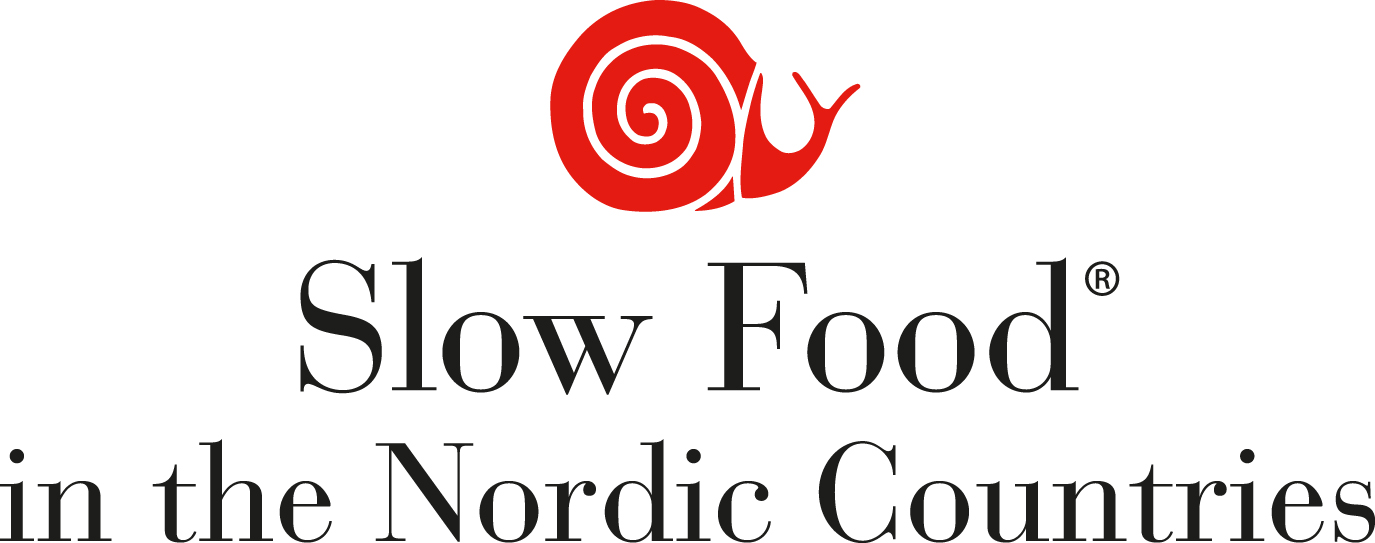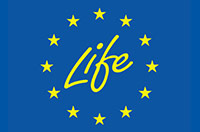At the European level, Slow Food Europe focuses its work on key EU policies that shape various aspects of food production, agriculture, fisheries, and their effects on biodiversity, and climate change. Look at the pages listed below to find many resources, like position papers, studies and more in detail for each subject.
Through its advocacy campaigns and lobbying, Slow Food Europe aims to raise awareness and positively impact the development of food policies. We focus primarily on the following topics:
Common Food Policy
https://www.slowfood.com/slow-food-europe/what-we-do/common-food-policy/
Slow Food advocates for sustainable food systems in Europe and believes that a shift in the policy making must occur; from a focus on agriculture to a food systems approach that encompasses the entire range of actors and activities involved in the production, processing, distribution, consumption and disposal of food products.
Agriculture
https://www.slowfood.com/slow-food-europe/what-we-do/agriculture/
Europe’s current Common Agricultural Policy (CAP) is the EU’s oldest policy, and it needs a radical reform. It is perpetuating a model of agriculture that depletes finite global resources and damages the environment by contributing to climate change, biodiversity loss, the depletion of fisheries, deforestation, soil erosion, water scarcity, as well as water and air pollution. Europe’s agricultural policy subsidizes factory animal farming which is largely dependent on imports of feed and represents a major source of antimicrobial resistance.
Fisheries
https://www.slowfood.com/slow-food-europe/what-we-do/fisheries/
Today, around 40% of the world’s population lives in coastal areas – oceans are hugely affected by all human activities, be they land-based or aquatic.
As with agriculture, at first, the Common Fisheries Policy (CFP) focused mainly on the economic development of fisheries and on giving people access to as much fish as possible at the lowest prices possible, thus promoting and consolidating large industrial fishing fleets. But insofar, it largely underestimated the effects of overfishing, habitat destruction, and damage to the balance of the ecosystem, as well as climate change and pollution and also underestimated the effects on social cohesion and well-being of fishing communities.
For Slow Food, oceans, rivers and lakes and their resources are our common goods and that’s why Slow Food advocates for a sense of collective responsibility in the conservation of these habitats as well as the livelihoods of small-scale, sustainable fishing communities, who play an essential role in providing jobs, food, and safeguarding our fragile aquatic ecosystems.
Biodiversity
https://www.slowfood.com/slow-food-europe/what-we-do/biodiversity/
Since Slow Food was founded, the defense of biodiversity has always been at the center of its mission. Slow Food promotes the defense of biodiversity, defined as the diversity of life on various levels –from the smallest and most basic (genetic biodiversity including microorganisms like bacteria) to the most complex (ecosystem diversity).
Climate Change
https://www.slowfood.com/slow-food-europe/what-we-do/climate-change/
Climate change is one of the most urgent and complex challenges that Europe and the rest of the world are currently facing. Some of its root causes can be found in the industrial food and farming systems, globally contributing up to 30% of greenhouse gas (GHG) emissions. Industrial agriculture exacerbates pollution and the greenhouse effect, with intensive livestock breeding releasing huge quantities of pollutants into the atmosphere, and food waste reaching around 1.3 billion tons of food are wasted every year: a third of all the food produced.
Slow Food believes that one way to fight and prevent climate change is to move away from industrial agriculture and towards diversified agroecological food systems.
GMOs
https://www.slowfood.com/slow-food-europe/what-we-do/genetically-modified-organisms-gmos/
Worldwide, Genetically Modified Organisms (GMOs) constitute a threat to food sovereignty, to farmers’ livelihoods, and to the environment and biodiversity. GMOs are often presented as a solution to hunger and food security, but so far they have not shown that they can provide any actual solutions to problem of hunger. Their development and their production, in fact, satisfy the economic interests of multinationals and contribute to the increase of corporate control, rather than the need to feed an expanding population.
As a consequences, small-scale farmers’ livelihoods and freedom to choose what they will produce is under threat. Furthermore, GMOs contribute to an agricultural model based on monocultures and high levels of pesticide use, which endanger both our biodiversity and farmers’ health.


